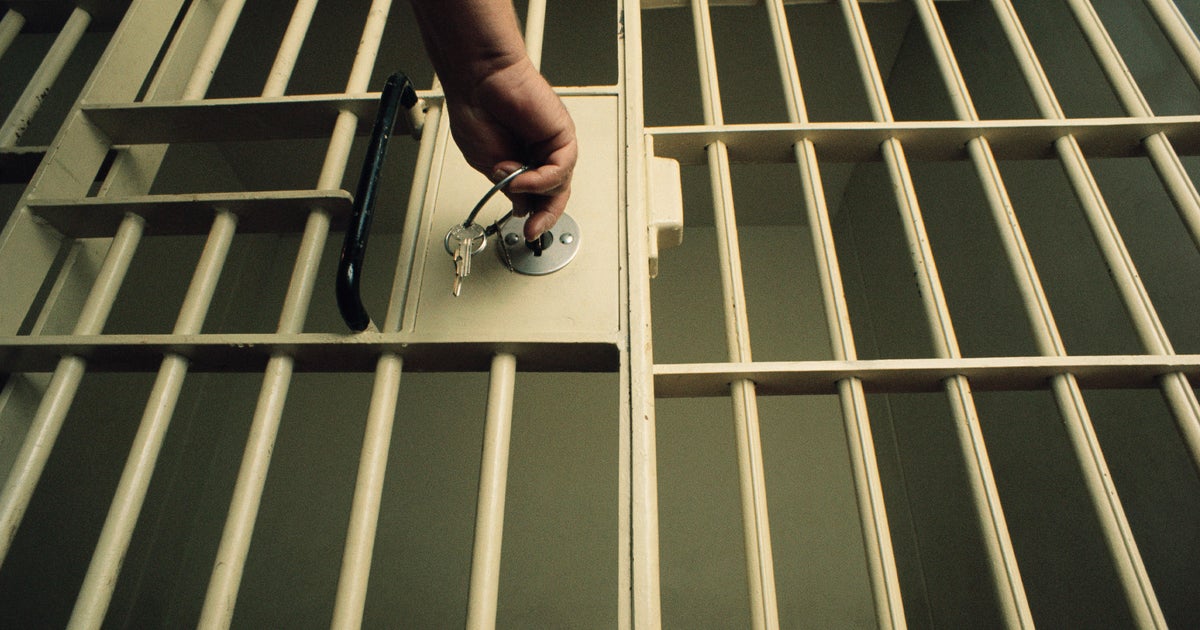North Texas educators talk pros, cons of new bill that would allow young children to be suspended from school
Texas lawmakers are working on a bill that could change how children are disciplined in school.
It's called . If passed, this would allow suspensions for students from pre-K to second grade – students ages 4 to 8.
Under HB 6, students can be suspended if there's an offense related to weapons; if students threaten the immediate health and safety of others; or if they repeatedly or significantly disrupt the classroom, as determined by the campus administrator.
If passed, the bill would allow in-school suspensions up to 10 days and out-of-school suspensions up to three days.
Are those students too young to be suspended?
To get answers, Lacey Beasley spoke with Kennedale ISD's superintendent and director of counseling services for their take. Kennedale ISD has a disciplinary program to prevent suspensions at all ages.
Kennedale ISD superintendent Dr. Chad Gee said a lot of behavior issues go back to life at home.
"I will say that Kennedale is not against it. I think there must be some guardrails in place," Gee said. "We are a district of innovation, so we previously already put in place on that plan to be able to suspend students below third grade, but we limited it to two days. Not three days, like the normal suspensions are."
In an interview with Lacey Beasley, Gee and Stephanie Devlin, director of counseling services at Kennedale ISD, talked about the pros and cons of the bill.
The following conversation was lightly edited for clarity.
Lacey Beasley: Do you think that pre-K to second grade age, is that too young to be suspending students?
Gee: This is where HB 6 comes into play, and this is where our district of innovation comes into play. We were experiencing students with very severe behaviors that were compromising the classroom environment.
I watched a 5-year-old tear up a kindergarten classroom, and when I say tear it up, I mean destroy it. It's real. And how are those teachers supposed to educate all the students in their classrooms with that going on?
We don't necessarily have the resources to deal with a lot of those behaviors, so I see the purpose with HB 6.
Devlin: It's never our first go-to in any grade level, especially at this grade. Multiple interventions and conversations are done prior to reaching the point of putting a student outside of school.
Beasley: If home life is not okay, then there's no way school life can be okay.
Gee: How are they supposed to learn when they're dealing with all these other things in their life? It could be food insecurity. We see kids who witness things that they shouldn't be witnessing.
Devlin: I remember sitting in a training hearing, if they're mad or sad, they can't add, which is the simplicity of that is so true even for adults. We can't control that in their homes. We can control that here.




